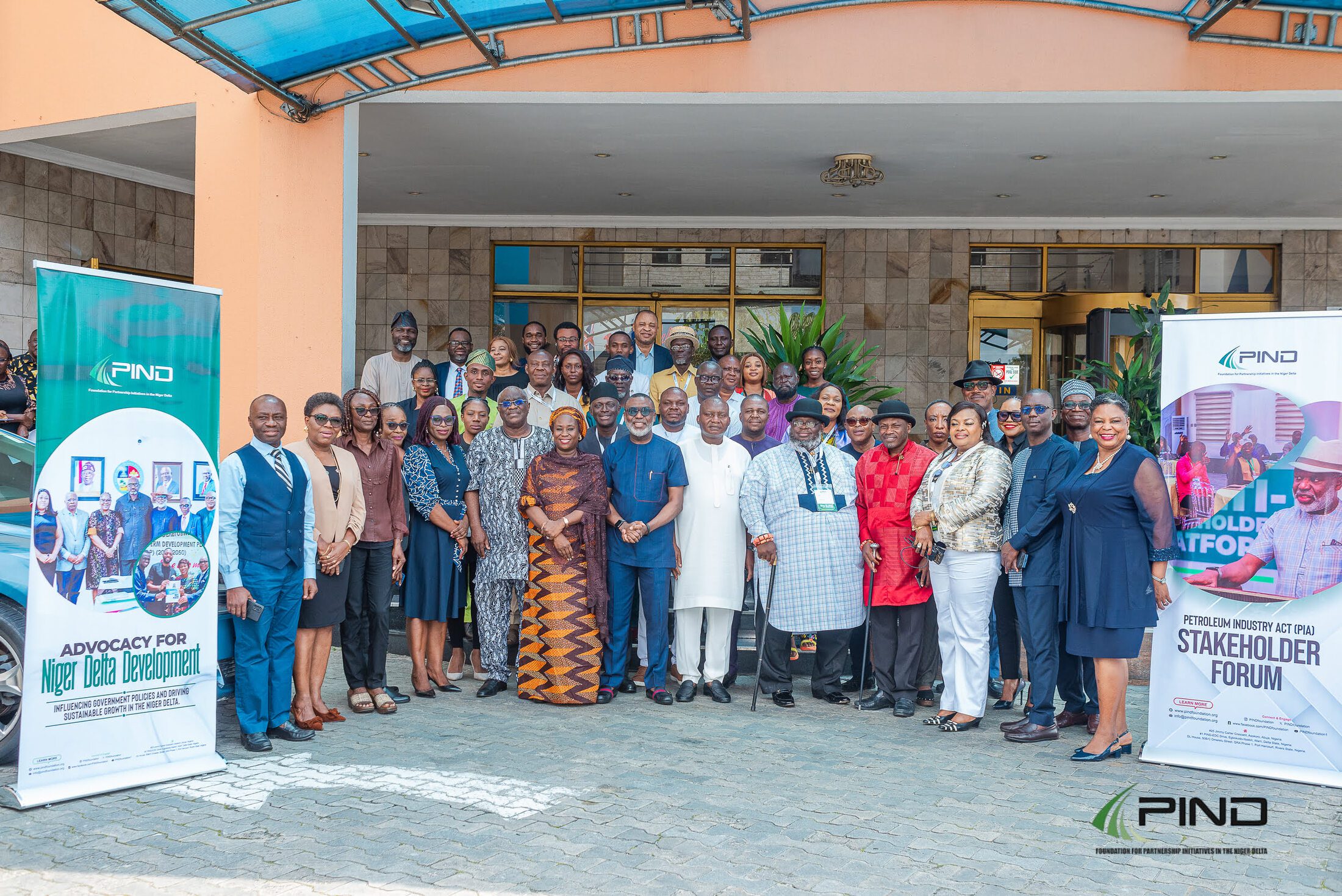🌿 Ruzu Non-Alcoholic Herbal Bitters
Ruzu Non-Alcoholic Herbal Bitters is a natural health supplement specially formulated to:
- ✅ Promote general wellness
- ✅ Detoxify the body
- ✅ Support the treatment of various ailments
Made from a powerful blend of 100% organic and medicinal herbs, Ruzu is completely alcohol-free, making it ideal for:
- 👪 All age groups
- 🌱 Health-conscious individuals
- 🌿 Anyone seeking non-alcoholic herbal remedies
Whether you're looking to boost your vitality, cleanse your system, or support healing the natural way, Ruzu Bitters offers a trusted herbal solution.
With a high-level stakeholders’ dialogue forum that brought together government leaders, settlors, regulators, representatives of Host Community Development Trusts (HCDTs), and communities to consider lessons learned from four years of implementing the Petroleum Industry Act (PIA), particularly its HCDT provisions, the Ford Foundation and the Foundation for Partnership Initiatives in the Niger Delta (PIND) officially concluded the Bridges Project.
A key component of the PIA is the Host Community Development Trusts, which are intended to guarantee that extractive industries directly benefit host communities.
A path forward for sustainable host community development in the Niger Delta region was also outlined by the stakeholders’ conversation conference.
The Nigerian Upstream Petroleum Regulatory Commission (NUPRC), Niger Delta Development Commission (NDDC), South-South Development Commission (SSDC), Nigerian Content Development and Monitoring Board (NCDMB), state governments, development partners, settlors, civil society, and community leaders were among the more than 150 participants in the two-day stakeholders’ forum, which had as its theme “Four Years of the PIA: Lessons, Gains, and the Path Forward for Host Community Development Trusts (HCDTs).
Speaking at the occasion, Mr. Sam Ogbemi Daibo, Executive Director of PIND Foundation, stated that the discussion was a crucial step in combining the lessons learned from the Bridges Project for use in the future.
The Bridges Project has demonstrated that cooperation, trust, and shared accountability are just as important to the PIA’s and the HCDT model’s success as compliance. The knowledge gained from this approach serves as a roadmap for the years to come, directing how we fortify alliances, increase community involvement, and maintain the benefits of host community development, he stated.
The Bridges Project Status Report, which emphasized increased understanding of PIA provisions, enhanced stakeholder cooperation, and the development of new models for participatory governance, was presented at the meeting.
The Commission’s Manager, Host Community Development Administration, Mrs. Omolade Awah, gave a keynote speech on behalf of the Chief Executive of the NUPRC. She praised PIND and the Ford Foundation for encouraging communication and evidence-based engagement that enhance accountability and transparency under the Petroleum Industry Act.
She pointed out that the PIA’s central tenet, the Host Community Development confidence framework, is already producing noticeable outcomes throughout the Niger Delta, from human capital and infrastructural initiatives to restored community stability and confidence.
Awah reiterated the Commission’s dedication to making sure the HCDT framework remains a reliable tool for shared prosperity, peacebuilding, and sustainable development in host communities.
Speaking at the event as well, Mr. Linus Nkan, Akwa Ibom State’s Commissioner for Budget and Economic Planning, stressed that “the success of HCDT implementation depends on shared accountability, trust, and continuous learning, and it should also be extended to government houses of all the Niger Delta states.”
PIND and the Ford Foundation reiterated their dedication to maintaining the benefits of the Multi-Stakeholder Platform (MSP), assisting HCDTs in developing their capacity, and promoting a future in which peace and prosperity in the Niger Delta are owned and maintained by the local community.
















